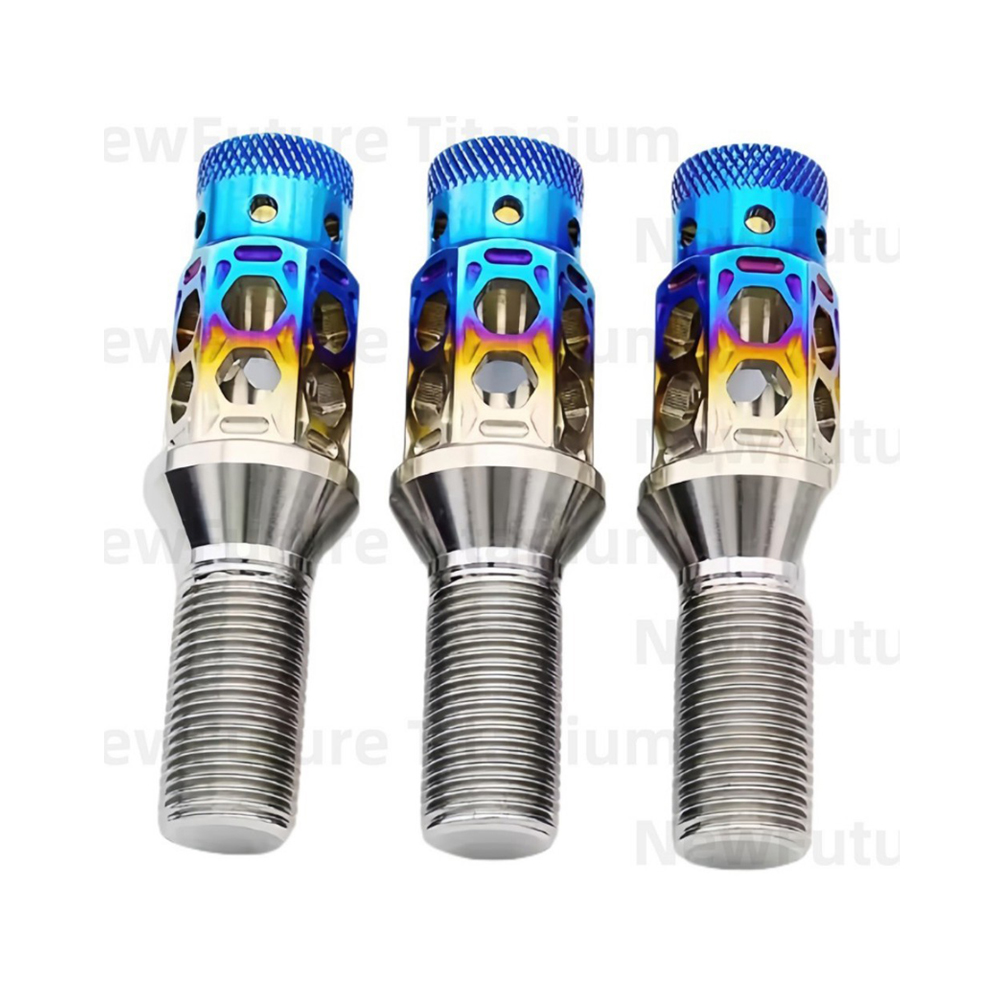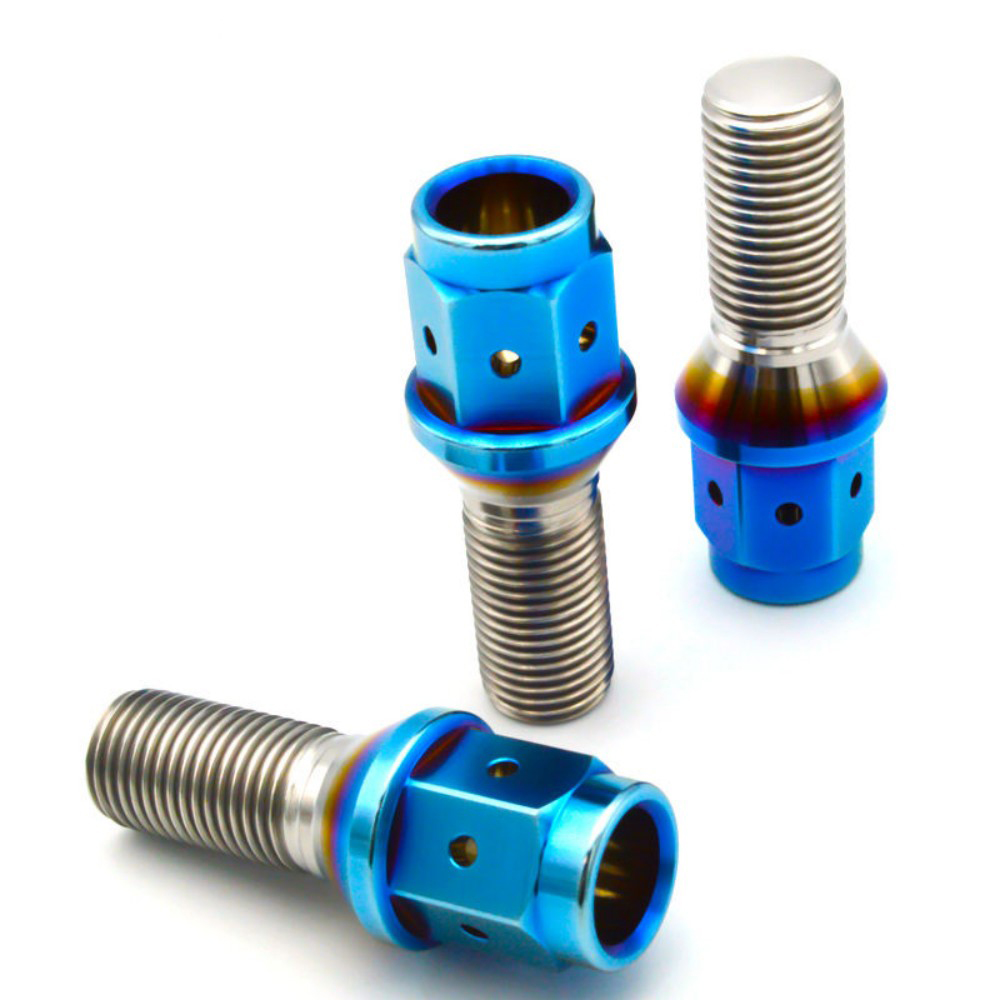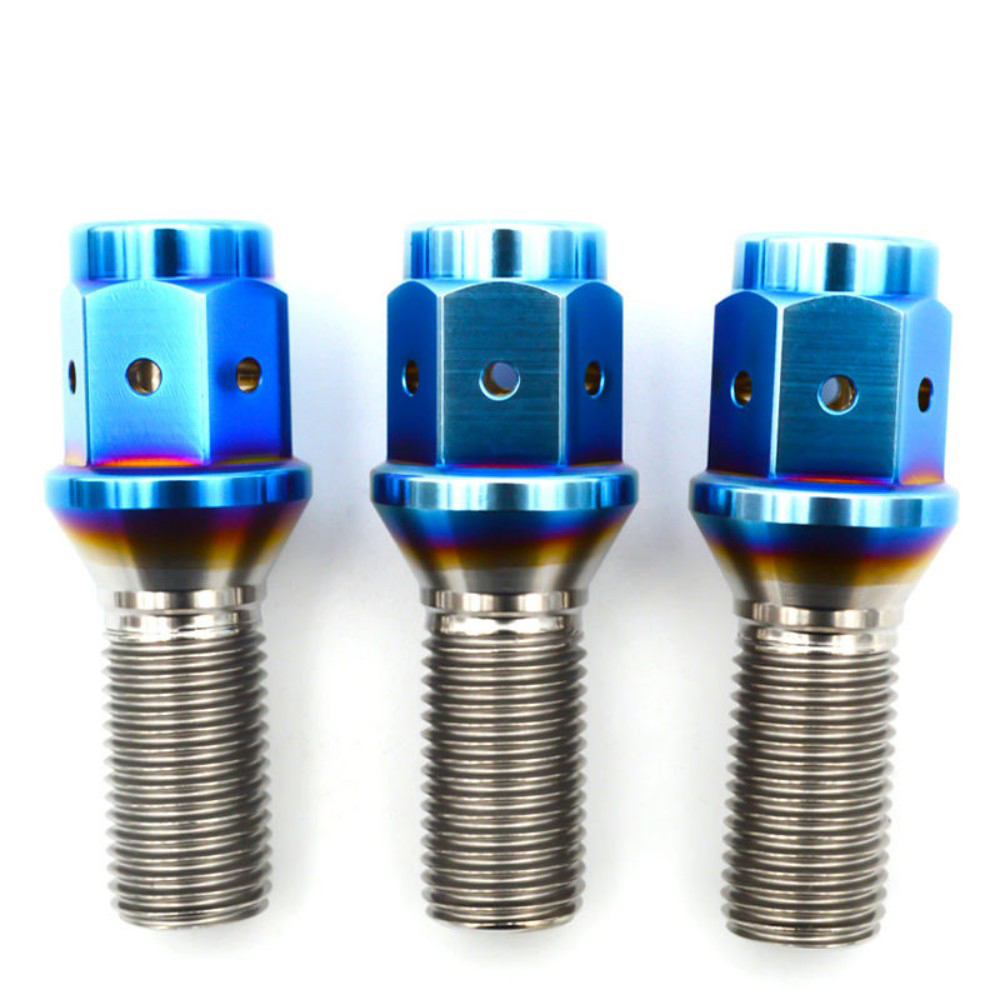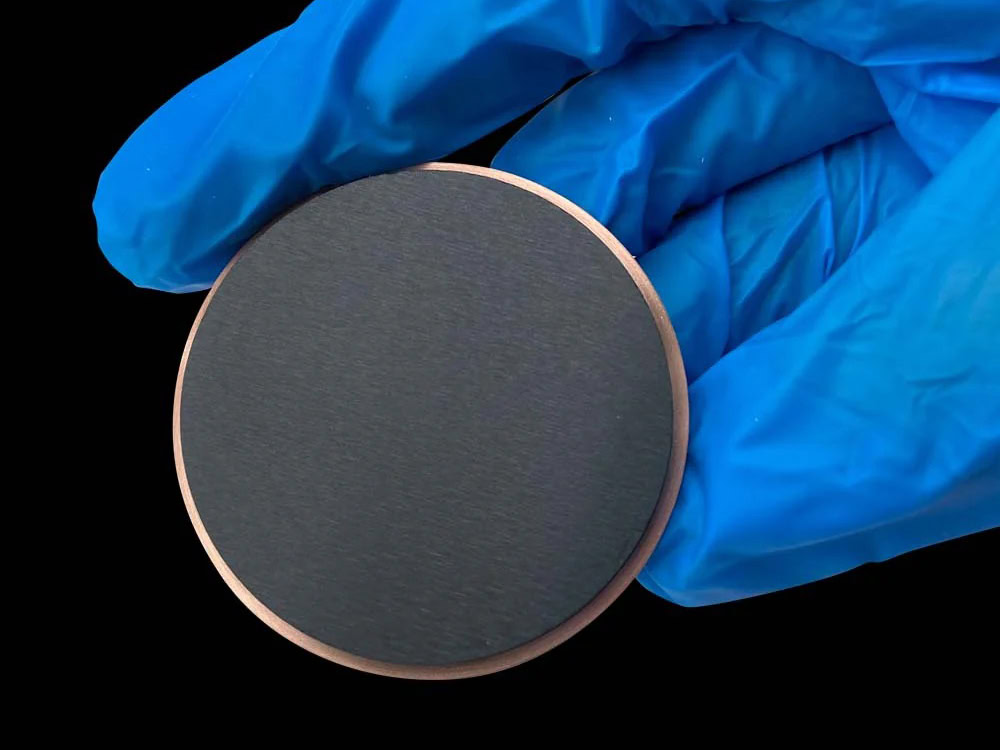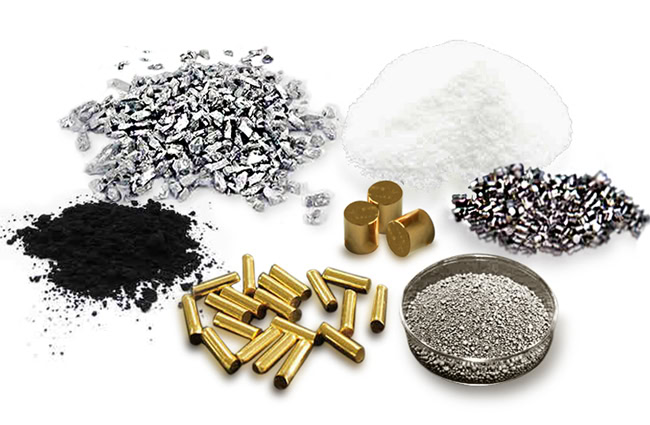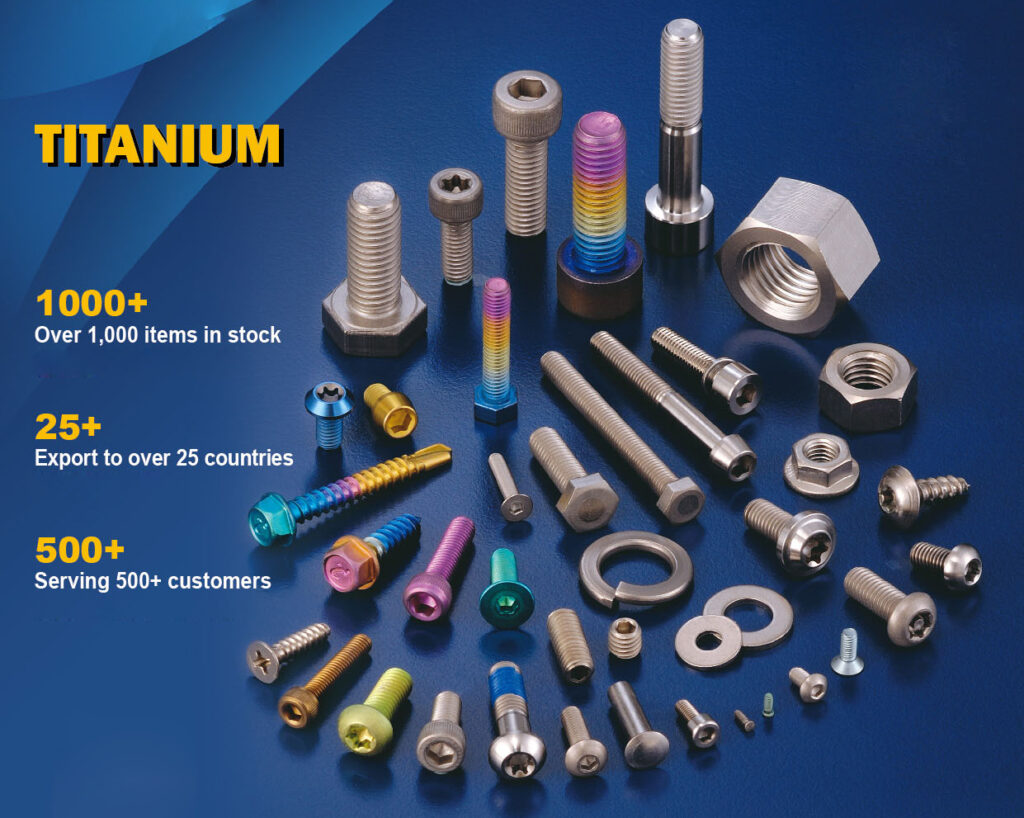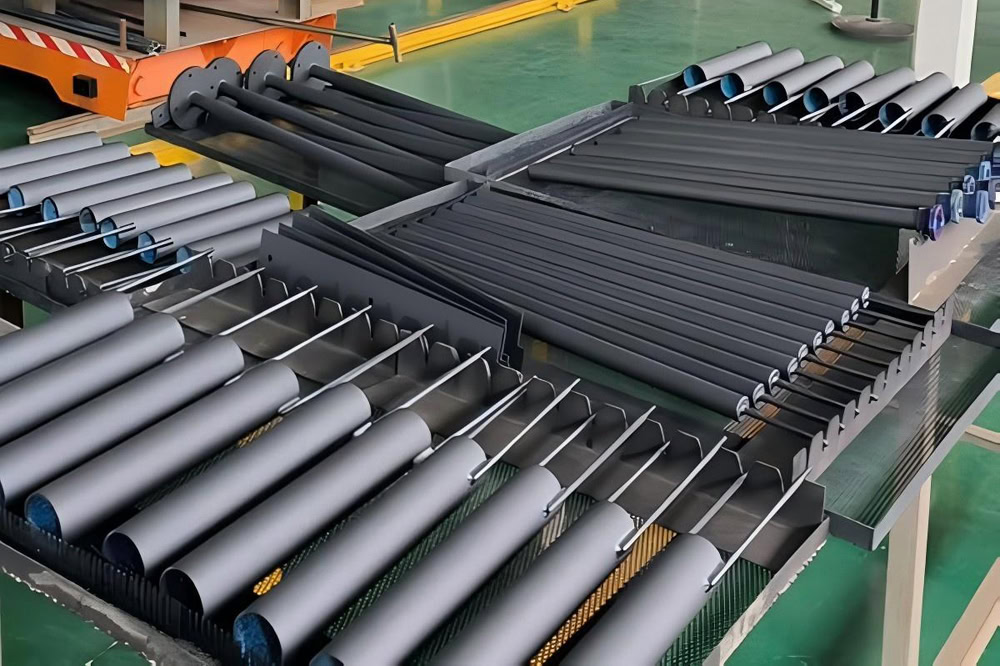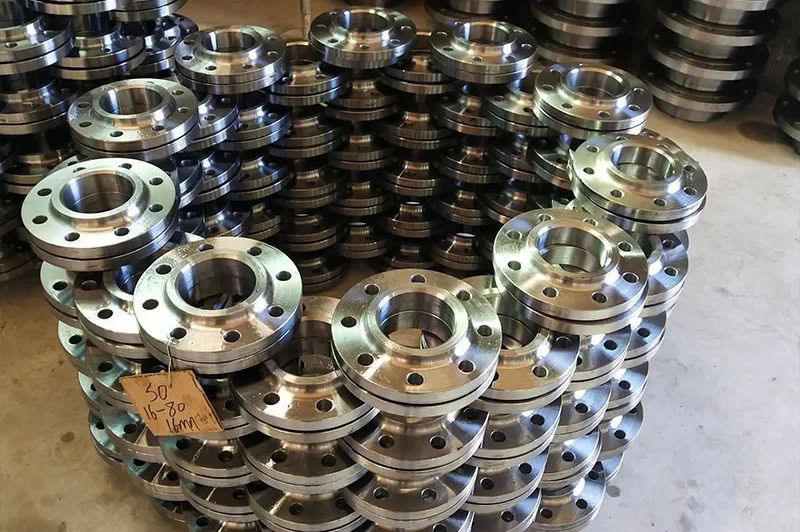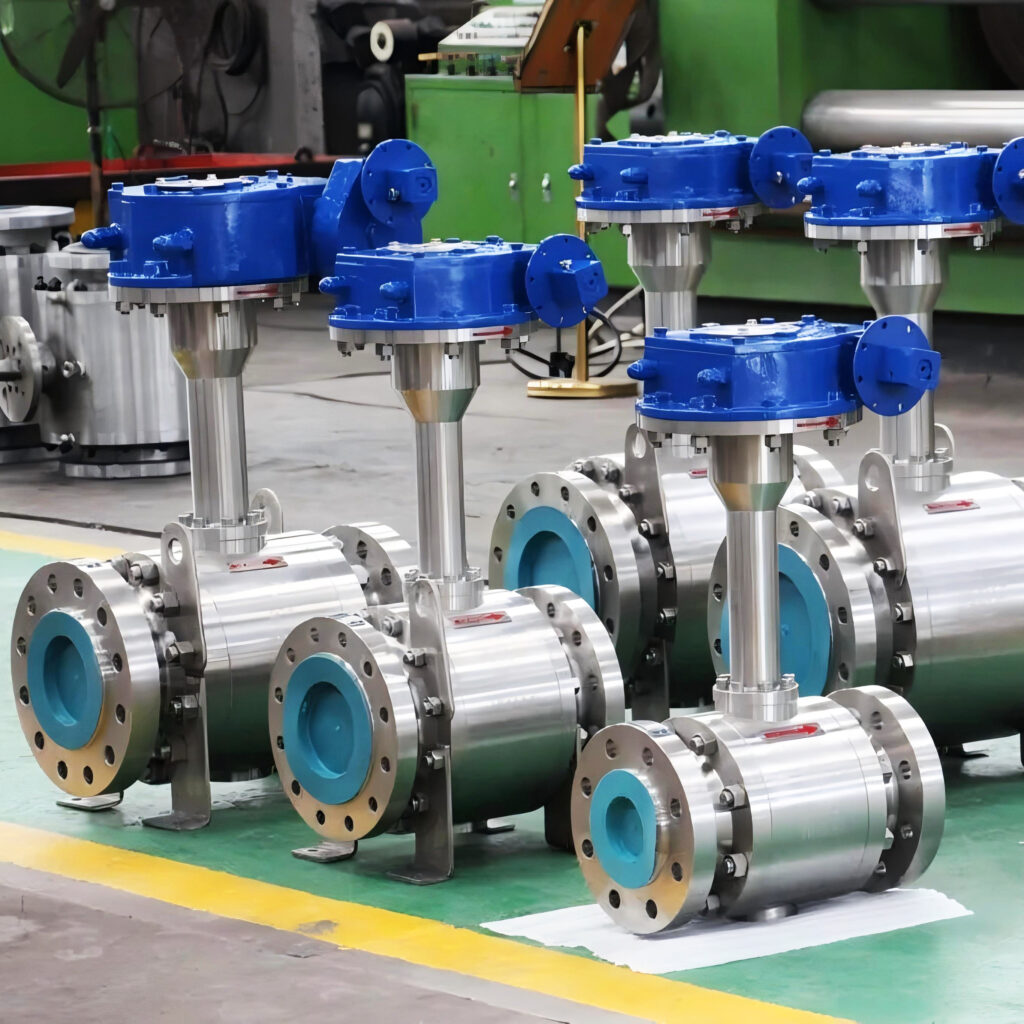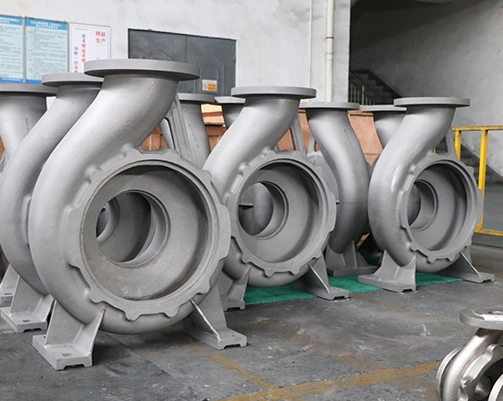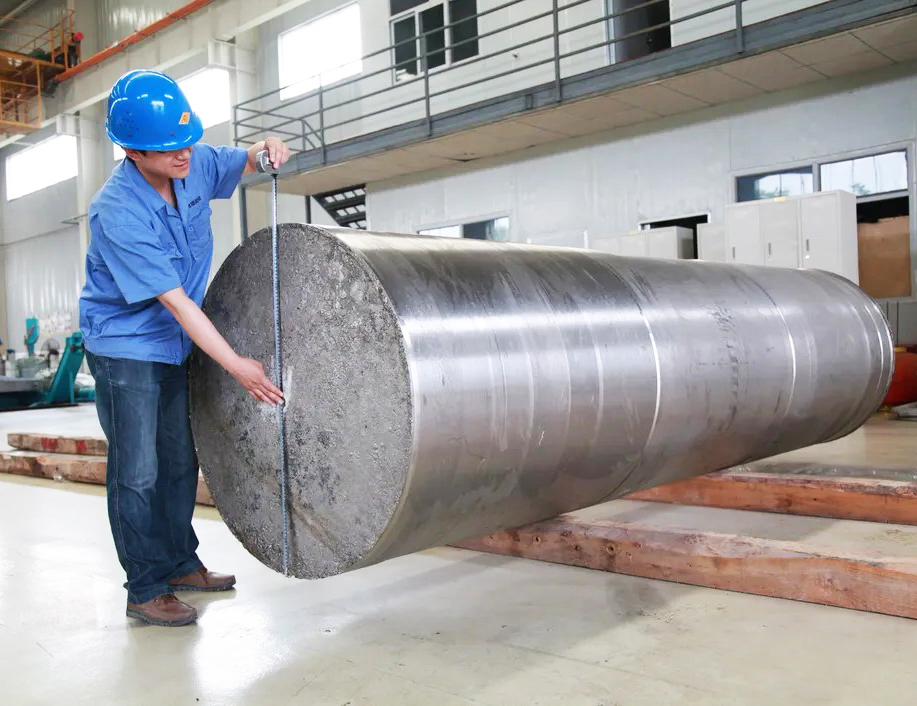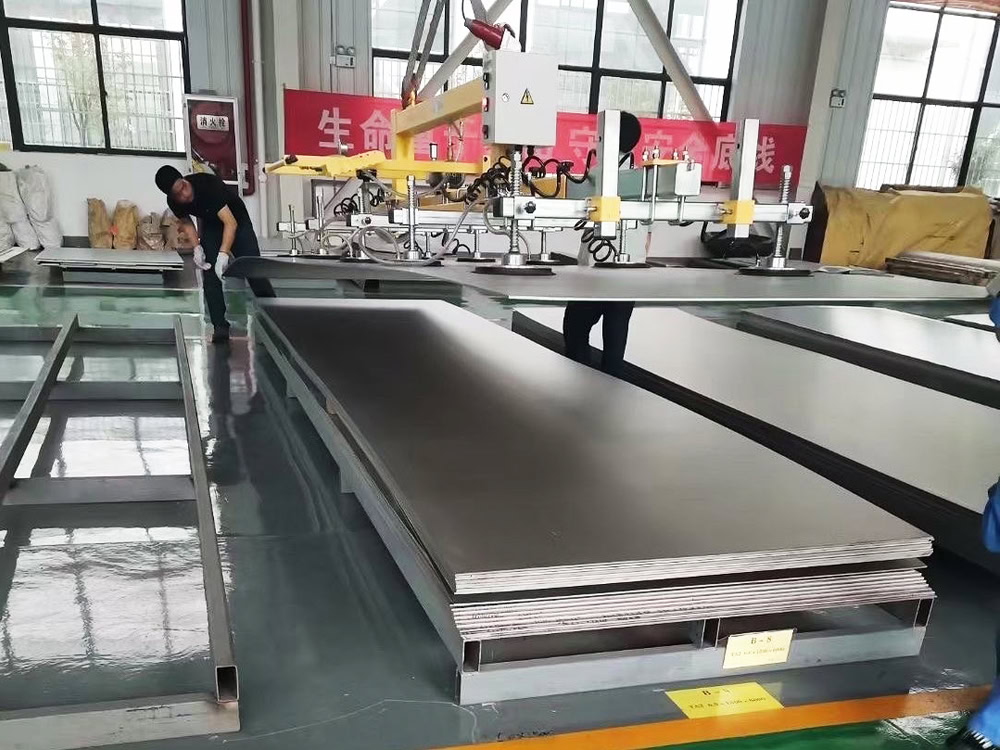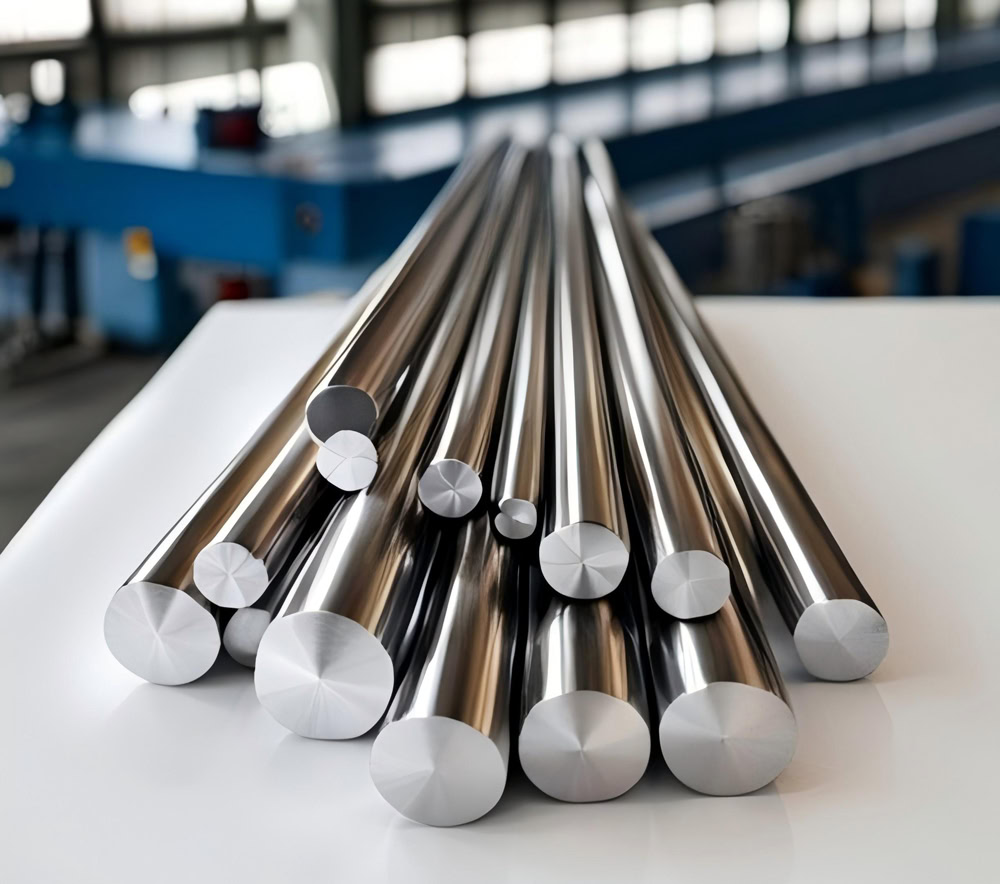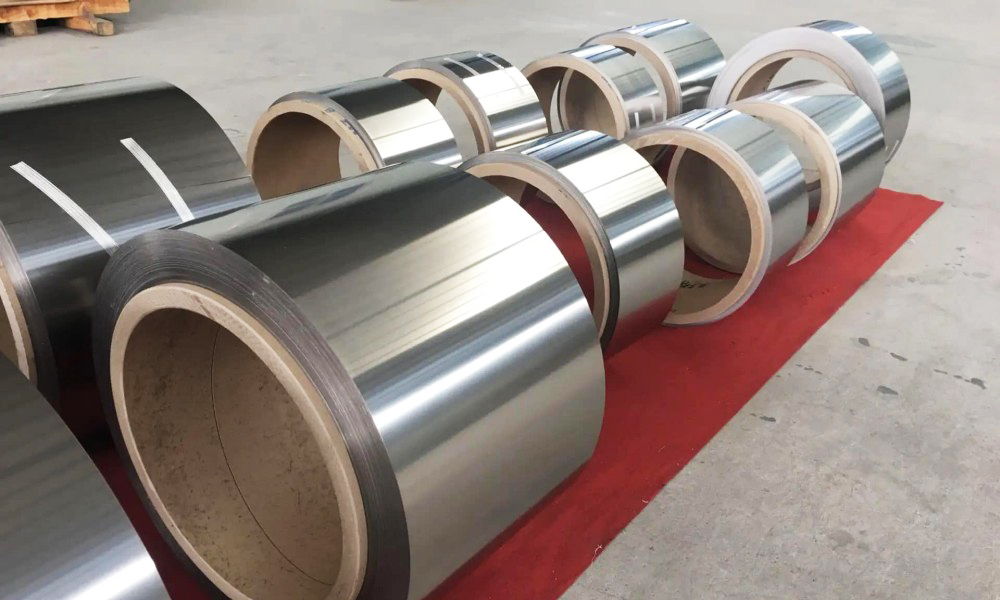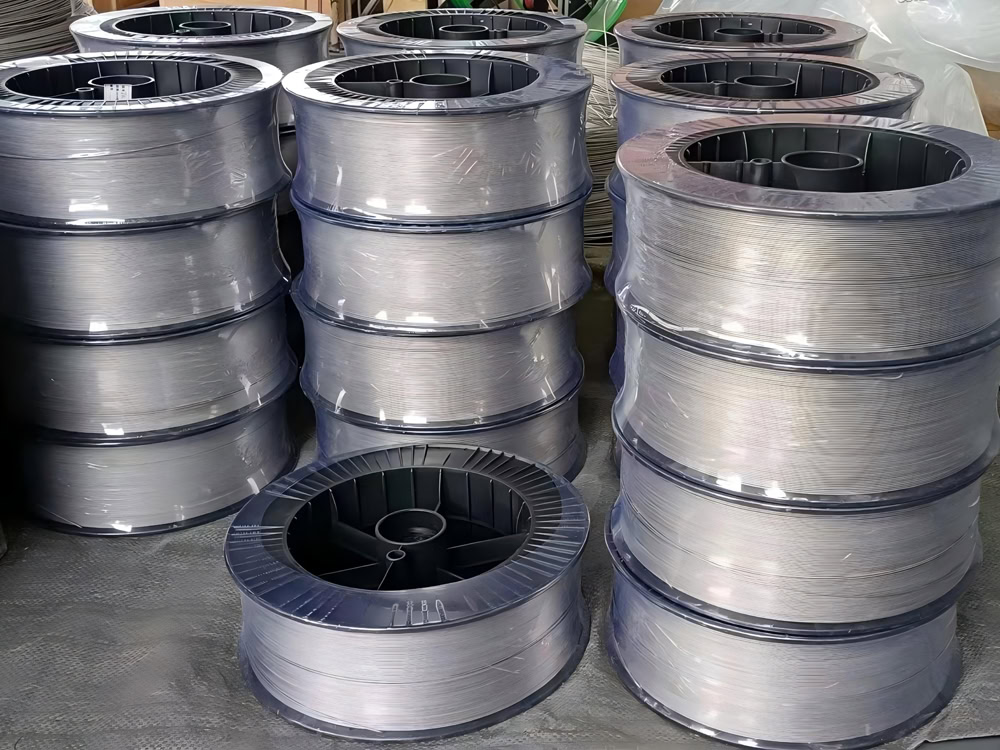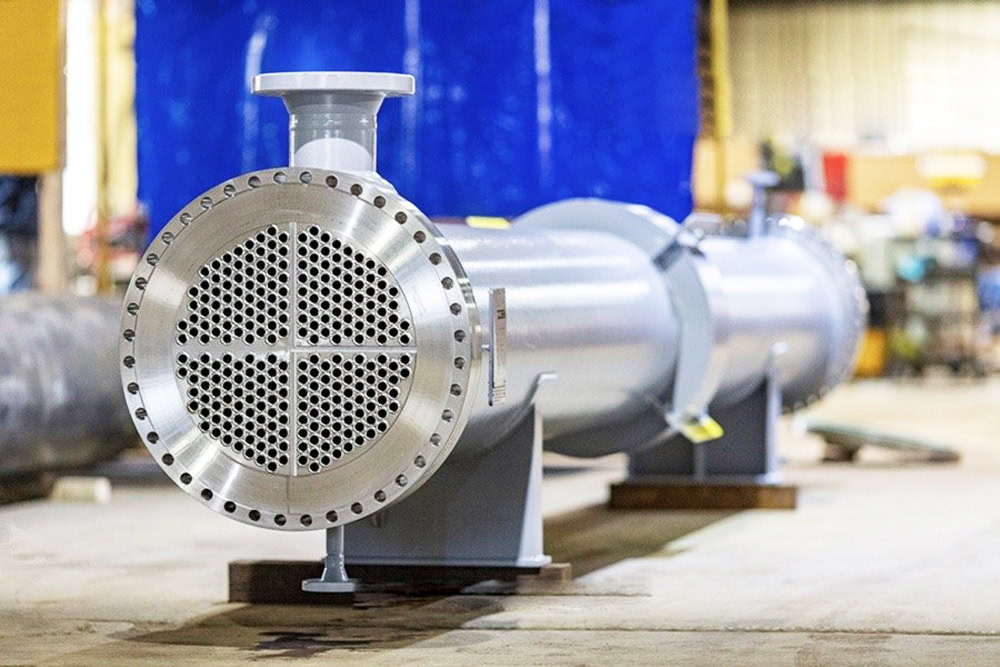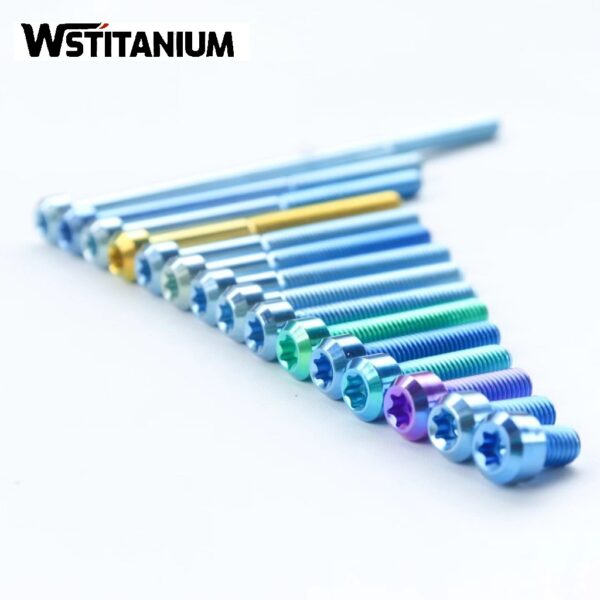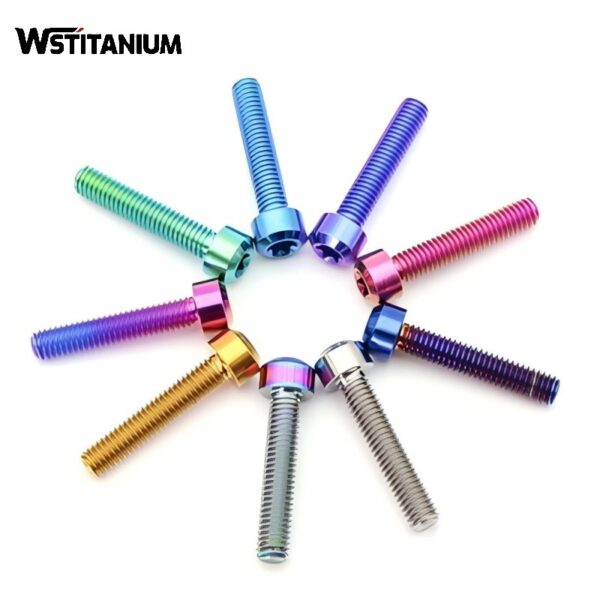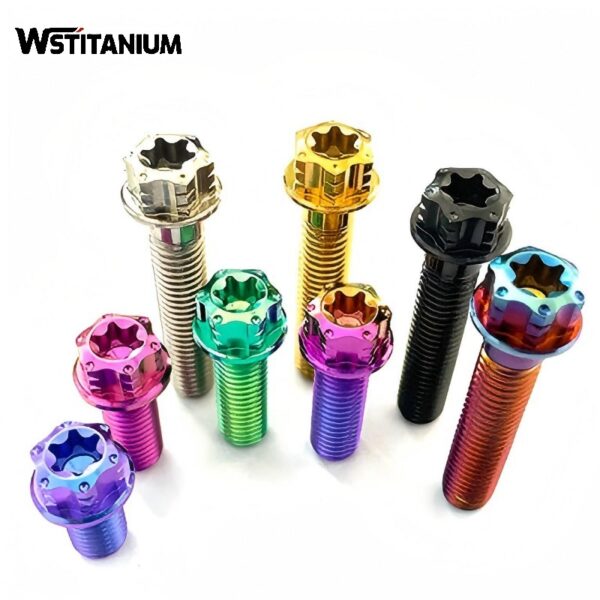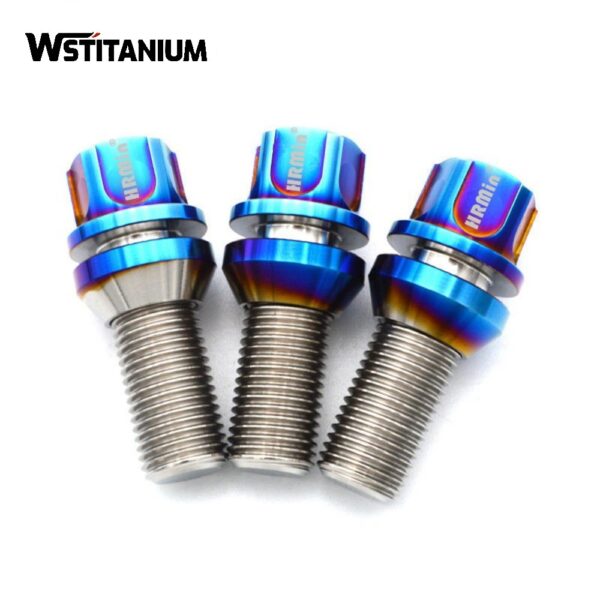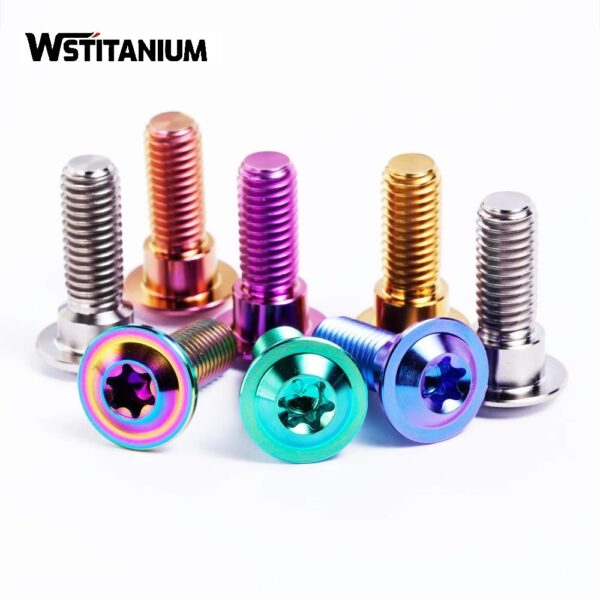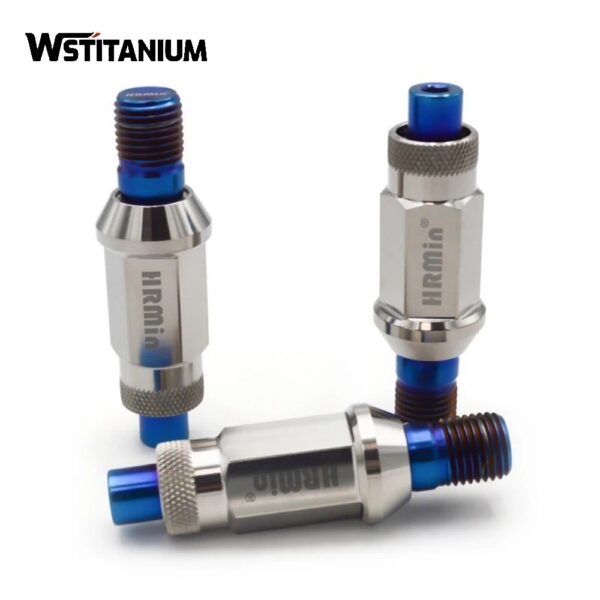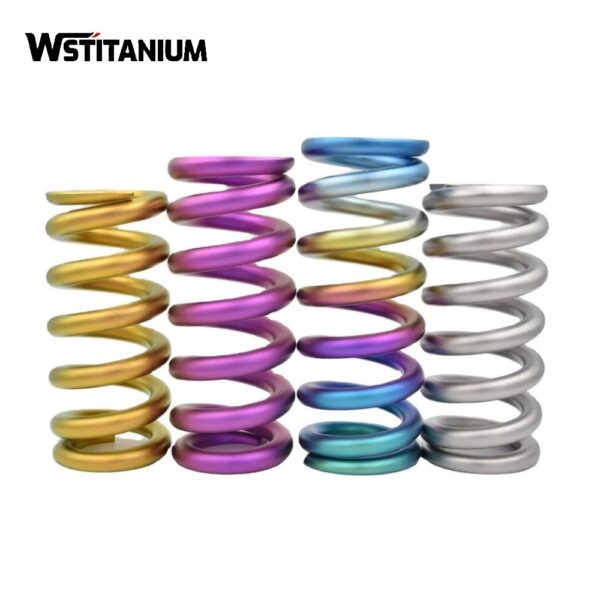Titanium Bolts Supplier
Certified: CE & SGS & ROHS
Shape: Requested
Diameter: Customized
Drawings: STEP, IGS , X_T, PDF
Shipping: DHL, Fedex, or UPS & Ocean Freight

20+ YEARS EXPERIENCE SENIOR BUSINESS MANAGER
Ask Michin For What You Want?
Choosing Wstitanium as your titanium bolt supplier is a comprehensive evaluation of its CNC machining capabilities, surface treatment capabilities, quality inspection, pricing, delivery time, and after-sales service. By gaining an in-depth understanding of Wstitanium’s various aspects and conducting a multi-dimensional comparative analysis, we can establish a long-term, stable partnership with it.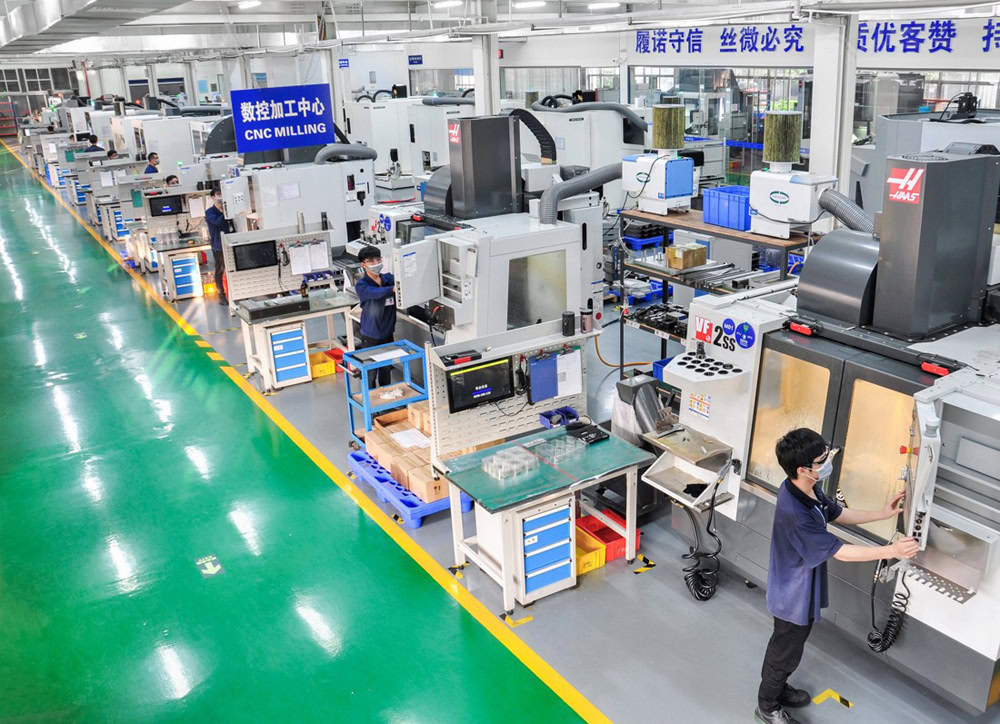
CNC Turning
High-precision CNC turning centers are essential for manufacturing precision titanium bolts. Wstitanium invested in the ST20 from HAAS in the United States. This machine enables precise turning of titanium materials, ensuring dimensional accuracy and surface finish. For example, in the manufacture of titanium bolts for aerospace applications, diameter tolerances must be kept within extremely tight limits. CNC turning centers utilize program-controlled tool motion to achieve this high-precision requirement.
CNC Milling
Wstitanium has invested in advanced CNC milling centers from the United States and Germany, such as the DMG DMU85 and the HAAS VF2SS. In titanium bolt manufacturing, these centers can produce complex bolt head shapes, such as hexagonal and dodecagonal, and can also create various special grooves and markings. Some high-end machinery requires titanium bolts with special markings or anti-loosening features. CNC milling centers can program these complex machining requirements, providing customized products.
EDM Machining
EDM (Electrical Discharge Machining) centers are suitable for machining titanium bolts that are difficult to machine using traditional cutting methods, especially those with unique internal structures or shapes. For example, when manufacturing micro titanium bolts for medical devices, it may be necessary to machine tiny channels within the bolts. EDM centers utilize the high temperatures generated by electrical discharge to locally melt or vaporize the titanium material, enabling the machining of these microstructures to meet the specific requirements of medical devices.
Heat Treatment
Heat treatment is critical for improving the performance of titanium bolts. Wstitanium boasts advanced heat treatment facilities capable of performing a variety of heat treatment techniques on titanium bolts, including annealing, solution treatment, and aging. Annealing eliminates internal stresses generated during machining and improves toughness; solution treatment fully dissolves alloying elements into the matrix, enhancing the bolt’s strength and corrosion resistance; and aging further optimizes the material’s microstructure and strengthens its mechanical properties. Through appropriate heat treatment processes, titanium bolts maintain stable performance under diverse operating conditions.
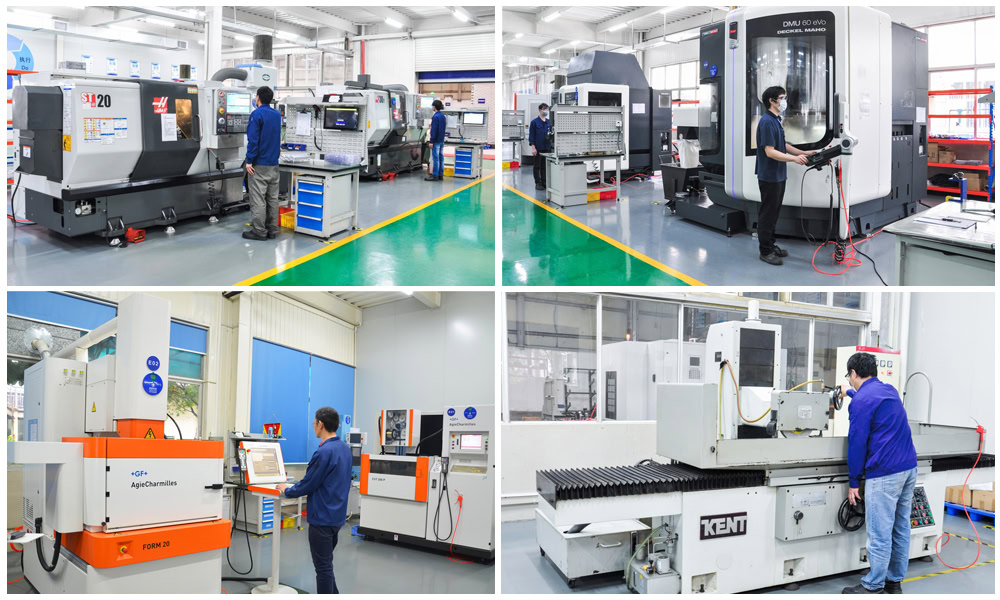
Finishing Services
Wstitanium significantly enhances the corrosion resistance of titanium bolts through various surface treatment technologies. For example, the oxide film on the surface of anodized titanium bolts effectively blocks oxygen, moisture, and other corrosive media from contacting the titanium substrate, thereby slowing corrosion. Additionally, the colorful oxide film produced by anodizing and the bright finish achieved through electroplating provide a visually appealing decorative effect. Chrome plating and organic coatings can enhance the hardness and wear resistance of titanium bolts.
Anodizing
Anodizing involves placing a titanium bolt as the anode in a specific electrolyte and applying an electric current. During this process, an oxide film forms on the surface of the bolt. This film not only improves corrosion resistance but also allows for the creation of various colors, such as golden, blue, and black, to meet your desired aesthetic requirements by controlling parameters such as electrolyte composition, concentration, temperature, voltage, and treatment time.
Electroplating
Electroplating involves applying a layer of metal, such as nickel, chromium, or zinc, to the surface of the titanium bolt. Nickel plating improves the bolt’s corrosion and wear resistance while also creating a brighter surface. Chromium plating increases surface hardness and gloss, enhancing its aesthetics. Zinc plating is primarily used to improve the bolt’s corrosion resistance in normal atmospheric conditions.
Passivation
Passivation chemically forms a passivation film on the surface of titanium bolts. This film effectively prevents the titanium from reacting with harmful substances in the environment, thereby improving the bolt’s corrosion resistance.
Coating
Coatings, such as epoxy resin coatings and polyurethane coatings, can provide additional protection for titanium bolts. These coatings offer excellent corrosion resistance, wear resistance, and electrical insulation. In the marine engineering field, due to the highly corrosive nature of seawater, titanium bolts coated with organic coatings are often used to extend the bolt’s service life.
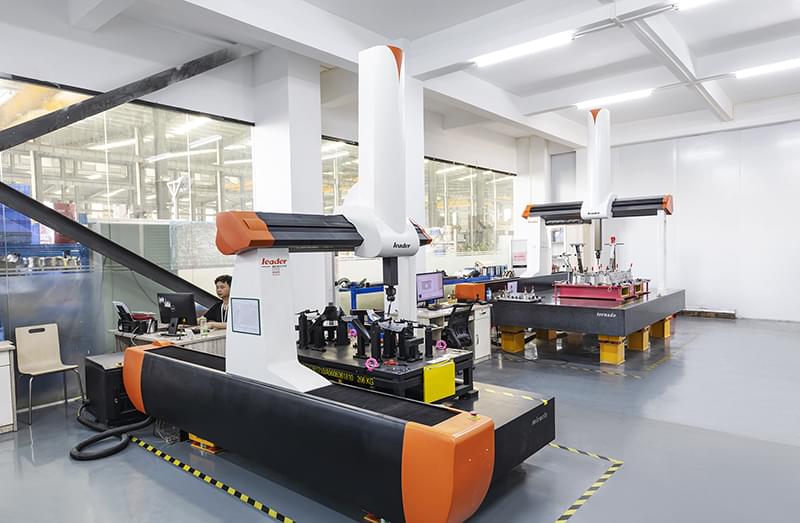
Quality Inspection
Quality inspection is a critical step in titanium bolt manufacturing. Wstitanium has invested heavily in in-house quality inspection equipment, including coordinate measuring machines, hardness testers, ultrasonic testing tools, salt spray testing tools, and metallographic structure testing instruments.
Dimensional Inspection
During titanium bolt manufacturing, Wstitanium conducts real-time dimensional accuracy inspections at every step. High-precision measuring tools such as calipers, micrometers, and coordinate measuring machines are used to measure key dimensions such as bolt diameter, length, and thread pitch to ensure compliance with design drawings.
Mechanical Property Testing
Bolts are tested for mechanical properties such as tensile strength, yield strength, elongation, and torque. Tensile testing can determine a bolt’s tensile strength and yield strength, understanding its performance under tensile load. Torque testing is used to examine the bolt’s performance during tightening, ensuring it can achieve the specified tightening force and meet actual operating requirements.
Nondestructive Testing
Nondestructive testing techniques, such as ultrasonic testing, magnetic particle testing, and penetrant testing, are used to inspect titanium bolts for internal and surface defects. Ultrasonic testing can detect internal defects such as cracks and pores; magnetic particle testing is suitable for detecting surface and near-surface defects in ferromagnetic materials; and penetrant testing is primarily used to detect open surface defects in non-porous materials. These nondestructive testing techniques do not damage the bolts, ensuring comprehensive quality inspection without damaging them.
Reliability Testing
For titanium bolts used in critical applications, such as aerospace and automotive safety components, reliability testing is also required. Reliability testing includes durability testing, fatigue testing, salt spray corrosion testing, and high- and low-temperature cycling testing, all under simulated operating conditions. These tests assess the bolt’s performance stability and reliability over long periods of use, ensuring its safe and reliable operation under complex and harsh operating conditions.
Related products
-
Titanium Fasteners
Anodized Titanium Screws
-
Titanium Fasteners
Titanium Bolts For Motorcycle
-
Titanium Fasteners
Titanium Flanged Hex Bolt
-
Titanium Fasteners
Titanium Hexagon Head Bolts
-
Titanium Fasteners
Titanium Fasteners For Bicycles
-
Titanium Products
Titanium Fasteners For Motorcycles
-
Titanium Fasteners
Gr5 Titanium Wheel Bolts
-
Titanium Fasteners
Colored Titanium Springs
